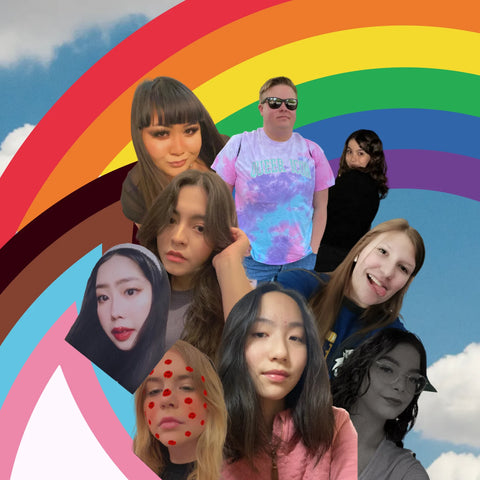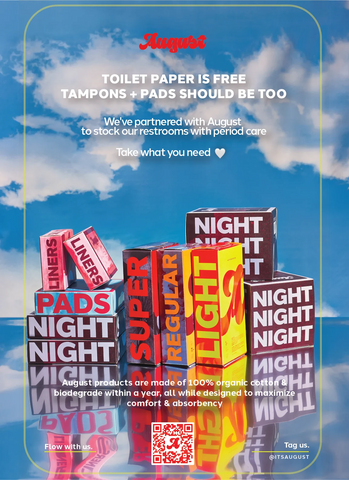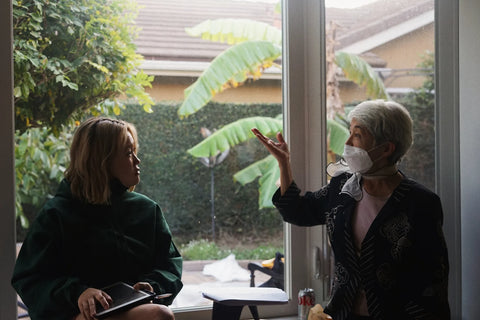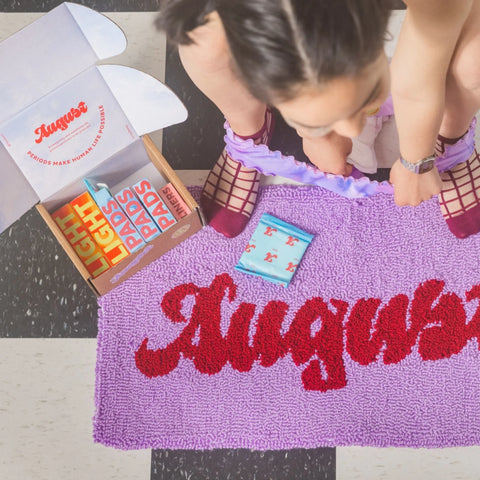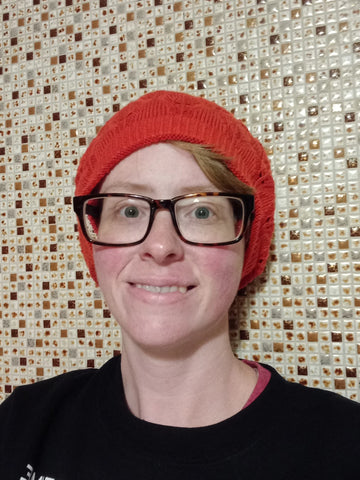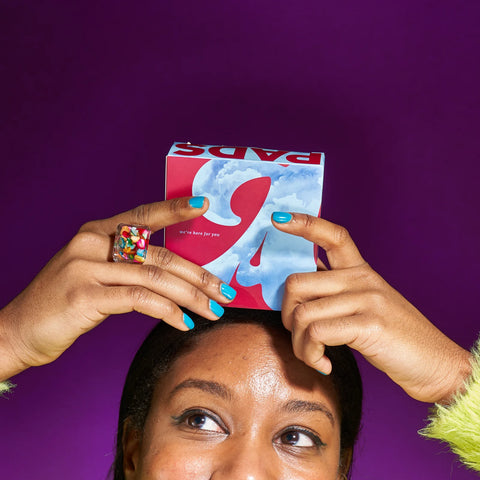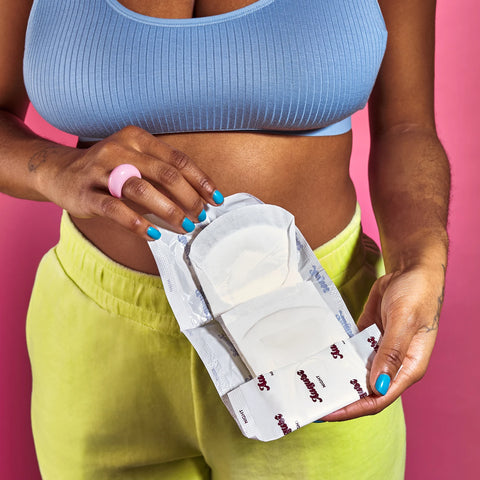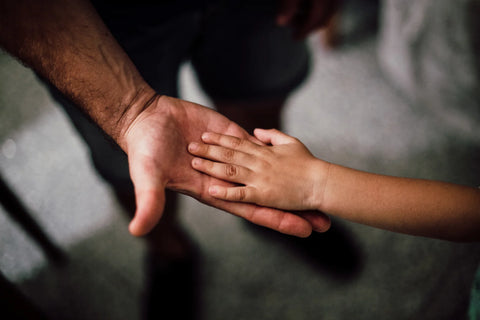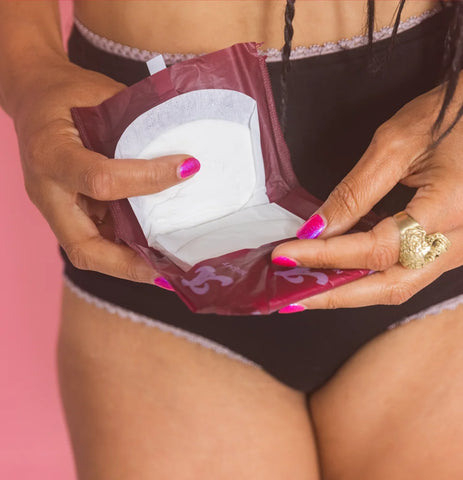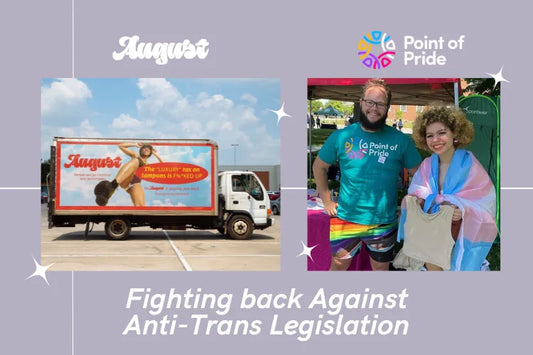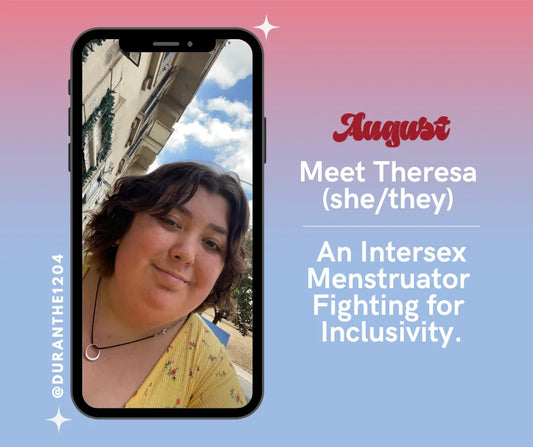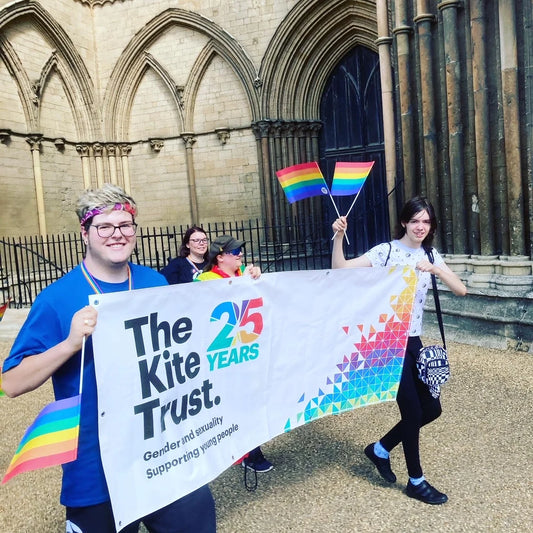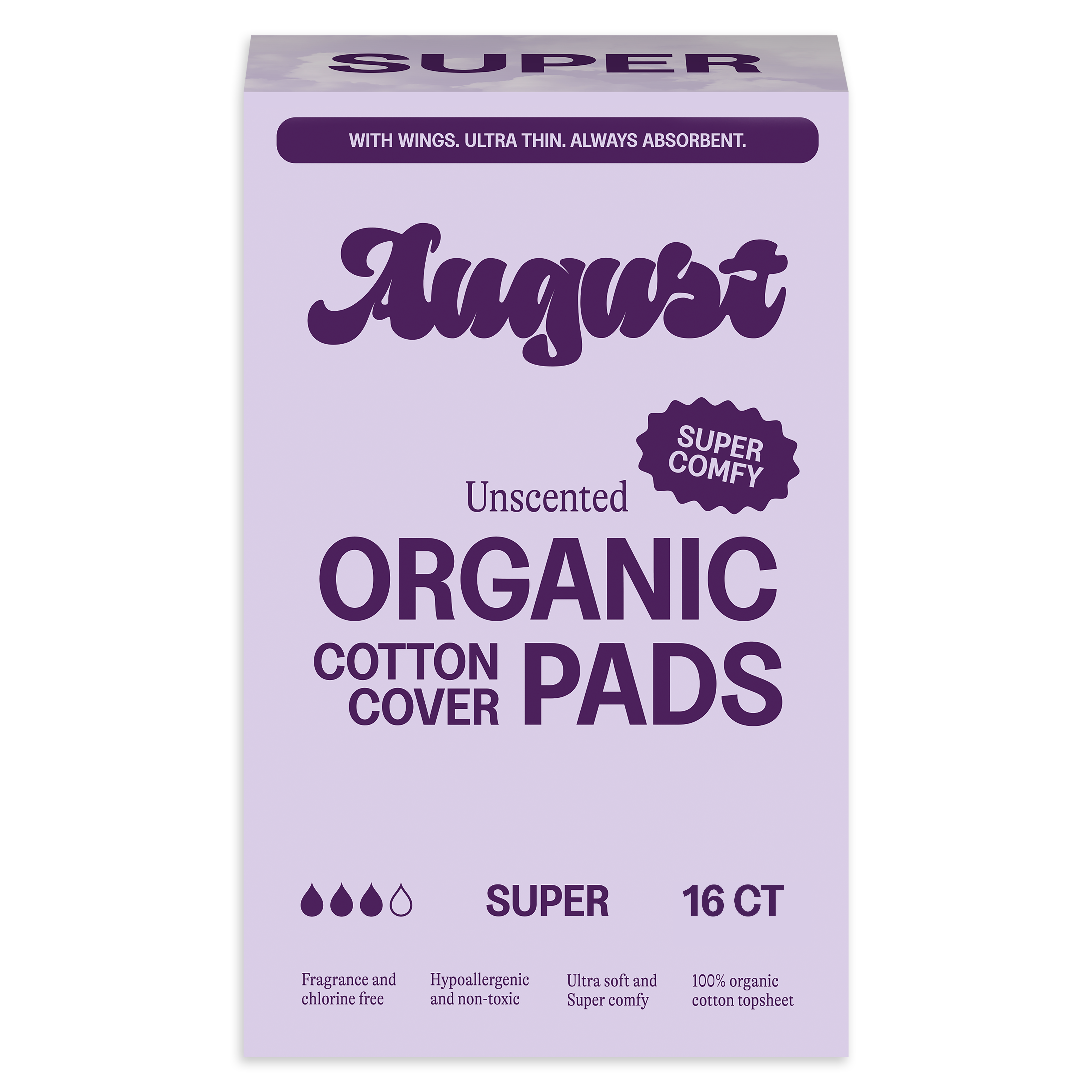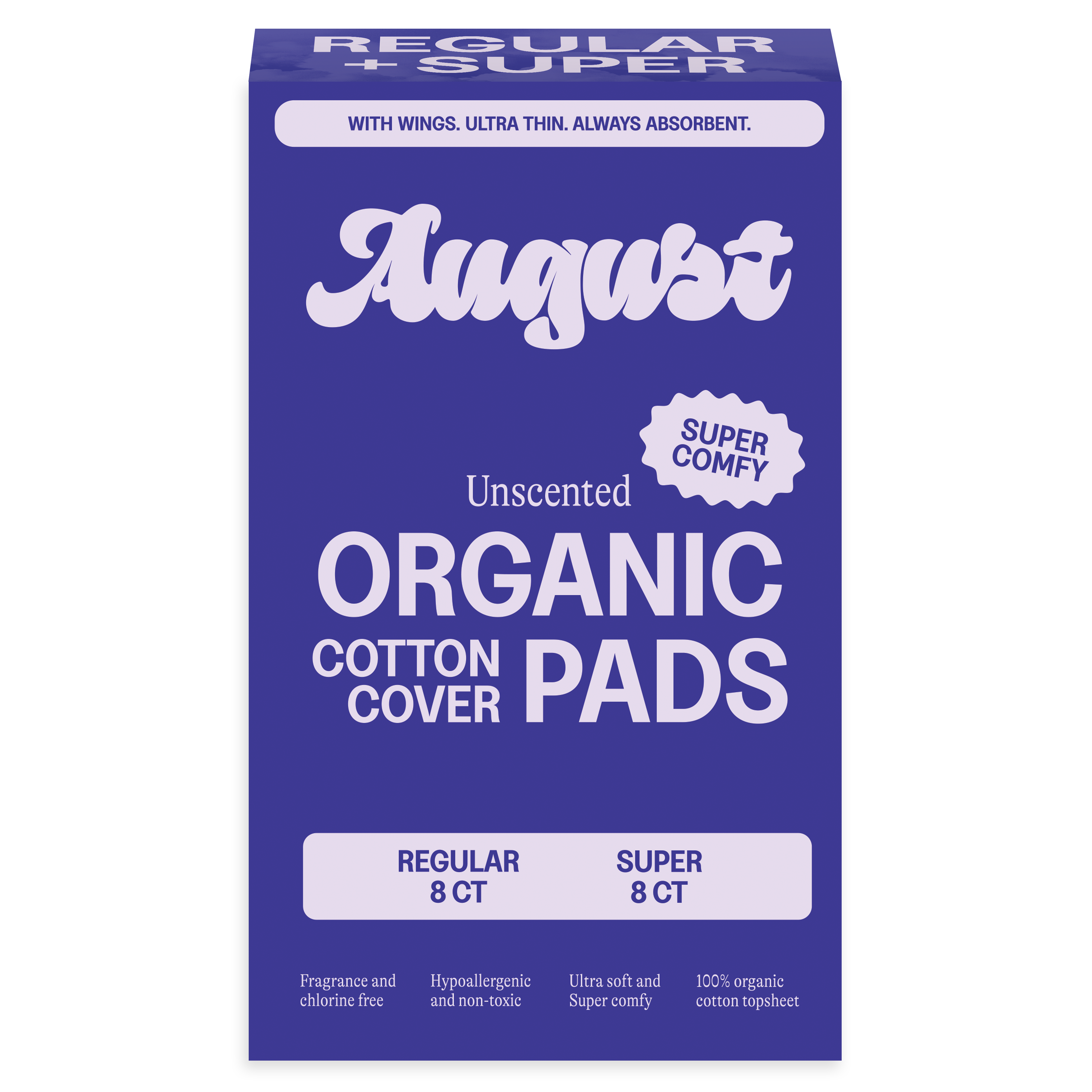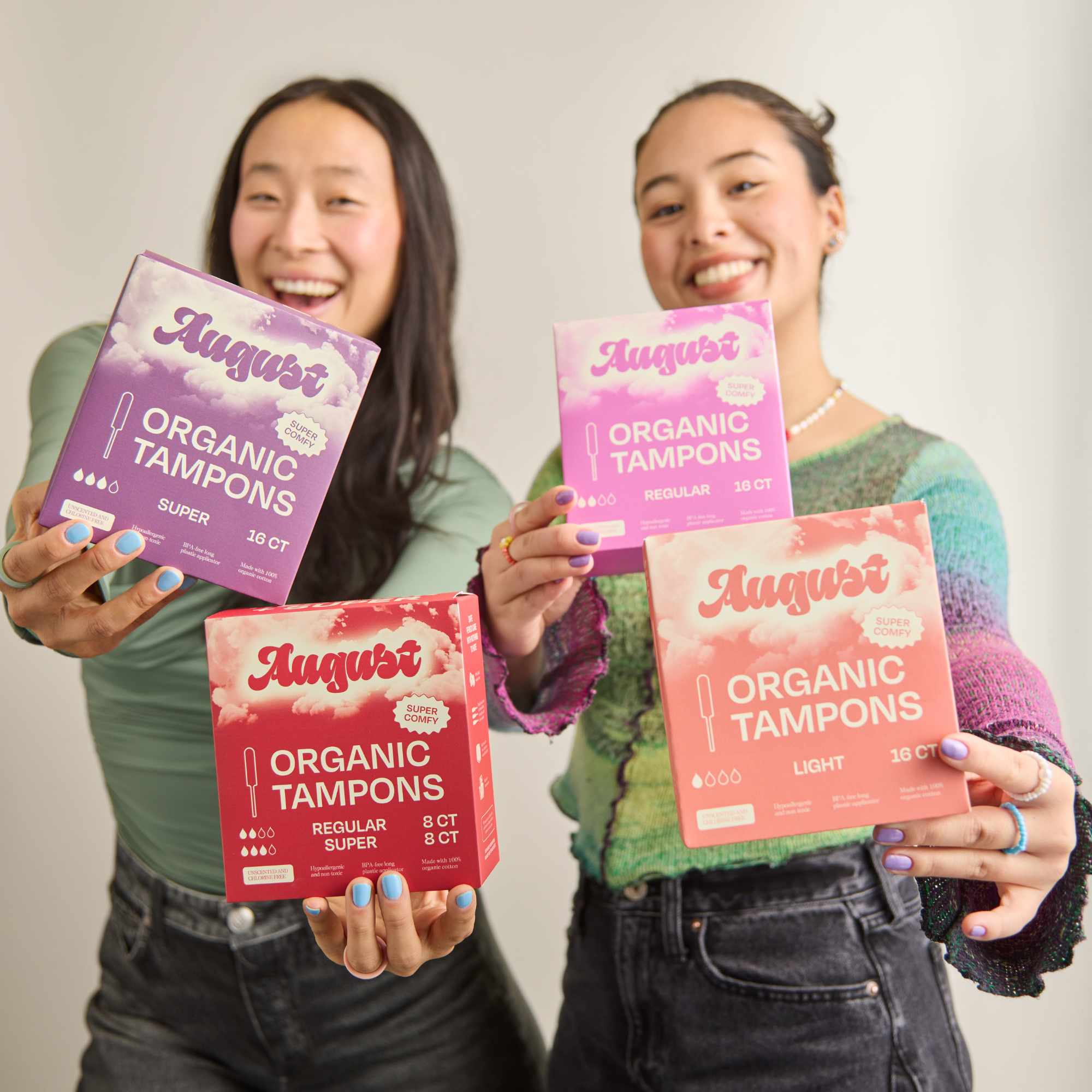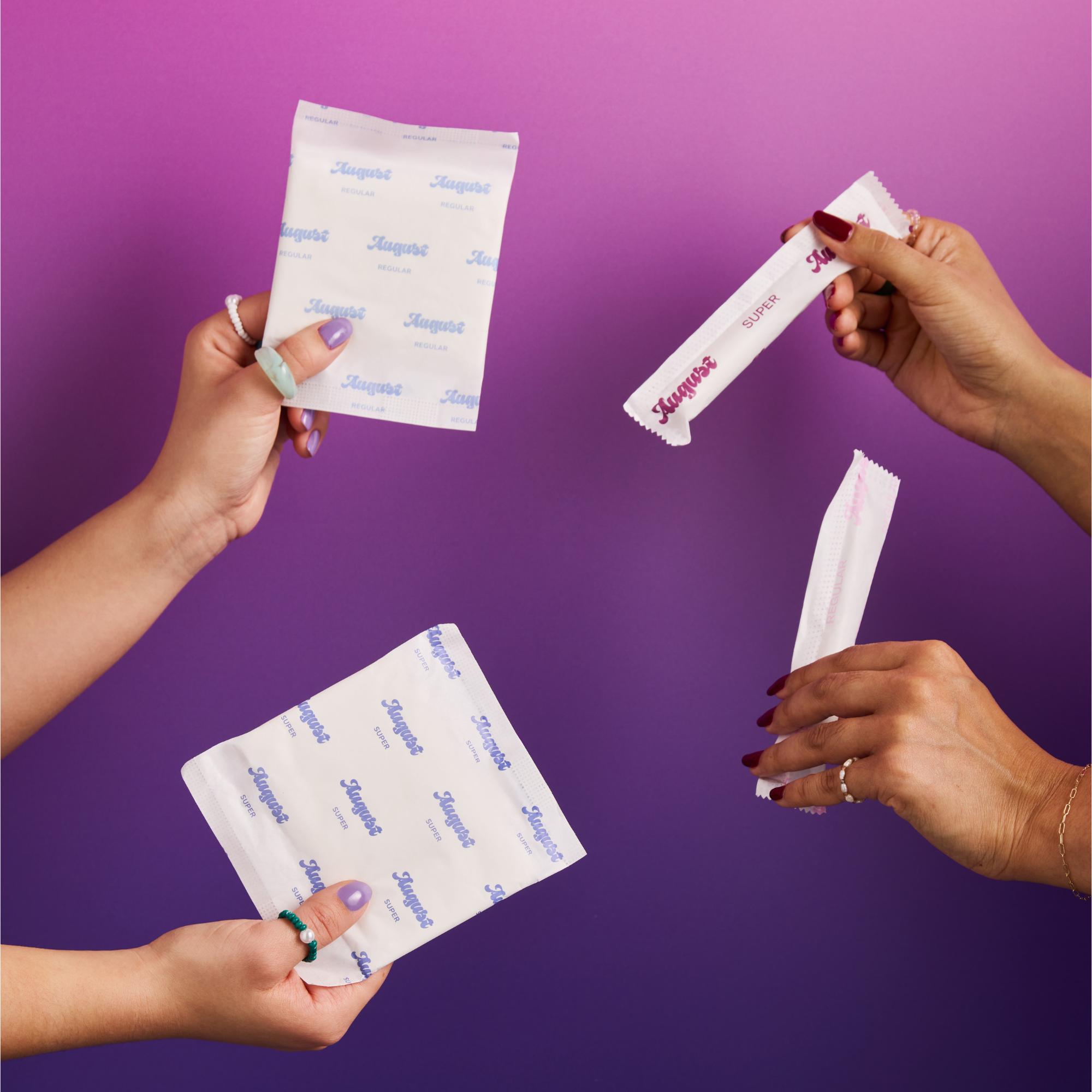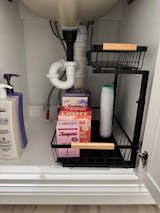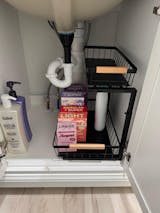Our next Period Powerhouse needs no introduction from us, since they’re a viral TikTok/Reels video creator in their own right! Meet Jenna (they/she):

How did you find your passion and purpose in what you do?
“I found my passion in what I do by knowing I can help others who are like me. Growing up with unidentified autism/ADHD was challenging, and led to mental health difficulties.
Being neurodivergent in a neurotypical society is often confusing, isolating, and painful, and my purpose is to ensure that everyone has a community that will support them. With this, my purpose is to also educate others about the realities of being neurodivergent.”
Could you speak to your journey identifying Autism & ADHD within yourself?

“I was 18 when I was first diagnosed with ADHD, then discovered I was Autistic a couple years later.
Eventually, after bringing up the topic of ADHD to my therapist and psychiatrist (at the time), I was finally diagnosed with it. Although they had been working with me for years, and seemingly knew that I had ADHD prior to me mentioning it, it took a long time to diagnose. This still angers me to this day.
Later, I figured out that I was Autistic of my own accord.”
What were your support systems like through your diagnoses?
“At first, I found support not from medical or mental health professionals, like one should expect, but from communities online.
Hearing people’s lived experiences prompted me to do further research about my needs and, in turn, I was able to truly understand myself.
Now, I finally have a neurodiversity-affirming therapist who provides me with support.”
Besides being a neurodivergent student & content creator, Jenna is also a menstruator! Here’s their experience having a period:
“Periods are hard for everyone, but I never understood why they were so much harder for me until recently.
As an Autistic person, the sensory issues that come with a period are agonizing: from the menstrual products, to the blood, to the pain from cramps…
During my period, taking care of hygiene is challenging because of the sensory issues and my executive functioning issues. Remembering to change products is also hard, and I often bleed through because of my poor interoception, or recognition of body signals.
One of the most difficult parts of dealing with my period are the hormonal changes. These changes increase the impact of my disabilities, causing my ADHD/Autistic traits to intensify. During the time before and on my period, I have greater emotional dysregulation, increased sensory issues, more meltdowns, more difficulty focusing, and more difficulty with tasks.”
What’re your top 3 coping strategies for the moments that menstruation heightens your disabilities?
-
“I spend extra time regulating my senses. This means stimming more and utilizing sensory aids (fidgets, weighted blanket, heating pad, noise-canceling headphones).”
-
“I track my flow, my emotions, and any symptoms associated with my periods. This way, I am able to see patterns and help myself where I need it.”
-
“I know that my period is a difficult time for myself, so I try to give myself grace. I take extra time to rest, because I need it even more so than usual. I try to remind myself that my feelings and experiences are valid, and when I need that idea reinforced, I turn to the ADHD/Autistic communities online for support.”
What’s one thing that you wish people knew about neurodivergence?

“Neurodivergent brains are a natural part of human diversity, and neurodivergent people experience and process the world differently.
This means that we are the only ones who truly understand what it’s like to be in our heads. We will do things differently than you do, that may not make sense to you, but that does not mean that we’re wrong.
So believe us when we share our experiences — just because you cannot understand does not mean you can invalidate us.”
Do you have a memorable period story?
“When I was in my early teens, I woke up in an unbearable amount of pain – the most physical pain I had been in in my entire life. I remember thinking to myself, “I wish my life could end right now so the pain would stop.”
I told my parents about the pain, and we had thought that my appendix had burst. We rushed to the emergency room and when I got out of the car, I was greeted with a wheelchair. That is the last thing I remember before I passed out into it.
When I woke up, I was met with various tests to figure out what was wrong with me. Hours later, we had determined that it wasn’t my appendix, the pain was “just” period cramps.”
Why does August resonate with you?

“August resonates with me because of their inclusivity. As a disabled, queer person, it is crucial that period products and education are accessible to all people.
August also discusses periods openly, which is important due to the large stigma that still surrounds the topic.”
What advice would you give to someone with some similar experiences as you?
“Know that you are not alone.
No matter how isolating the world can feel at times, know that there are like-minded people out there who will accept you unconditionally for who you truly are.
Just because you are different, does not mean that you are less than. What others have put you down for are actually your greatest attributes.
I have been, and still am, constantly belittled for my sensitivity, but I now know that there is power in my vulnerability.
Know that you are never “too much” and you are never not enough. Who you are is special, and you should not have to change that for anyone.”
Jenna – thank you.

Check out Jenna @jenna.frieds on Instagram and TikTok and if you have any other period-related questions, you can always #AskAugust!

